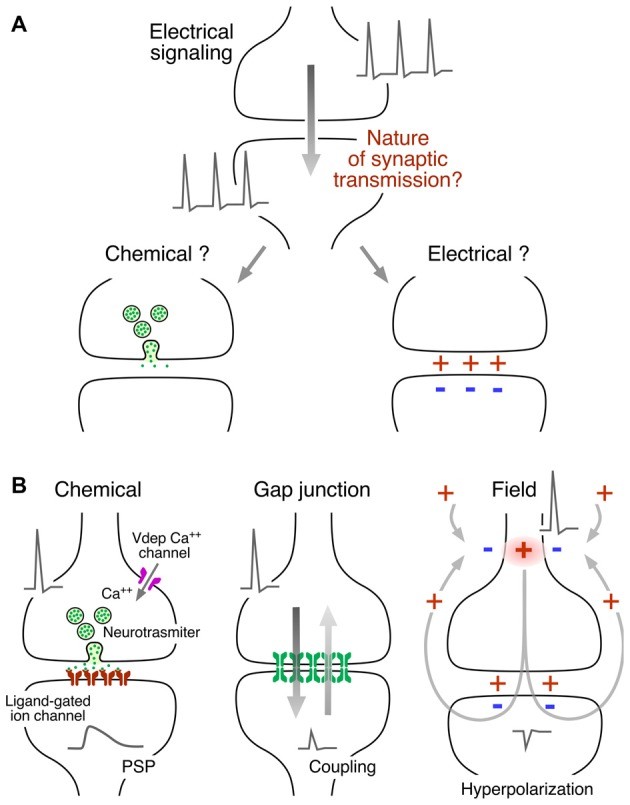
N-acetylserotonin, the chemical byproduct of serotonin and precursor to melatonin, acts as an agonist of the TrkB receptor (the same receptor that BDNF activates)
This is another interesting pathway by which MAO inhibition may enhance the actions of neurotrophic factors
This is another interesting pathway by which MAO inhibition may enhance the actions of neurotrophic factors
Increasing serotonin is also known to raise BDNF levels itself via activation of various serotonin receptors, we see this in SSRI's and other serotonergic supplements/drugs
This pathway could replicate a portion of these effects even if serotonin is not increased significantly
This pathway could replicate a portion of these effects even if serotonin is not increased significantly
Mostly I find this interesting in the context of beta-carboline containing herbs which act as mild reversible MAO inhibitors, like ginseng or polygala
Most herbs with these properties behave well in rodent metrics of increasing neurogenesis
Most herbs with these properties behave well in rodent metrics of increasing neurogenesis
Some irreversible MAO inhibiting medications (the first class of antidepressants) also show similar effects on neurogenesis in rodents, but these drugs are potent enough that I'd attribute this mostly to serotonin being elevated
Lastly, n-acetylserotonin levels seem to be somewhat circadian dependent, so this effect may coincide with increases in melatonin, though melatonin and serotonin do not act as TrkB agonists themselves
ncbi.nlm.nih.gov/pmc/articles/P…
ncbi.nlm.nih.gov/pmc/articles/P…
• • •
Missing some Tweet in this thread? You can try to
force a refresh





